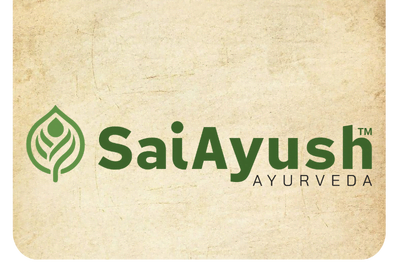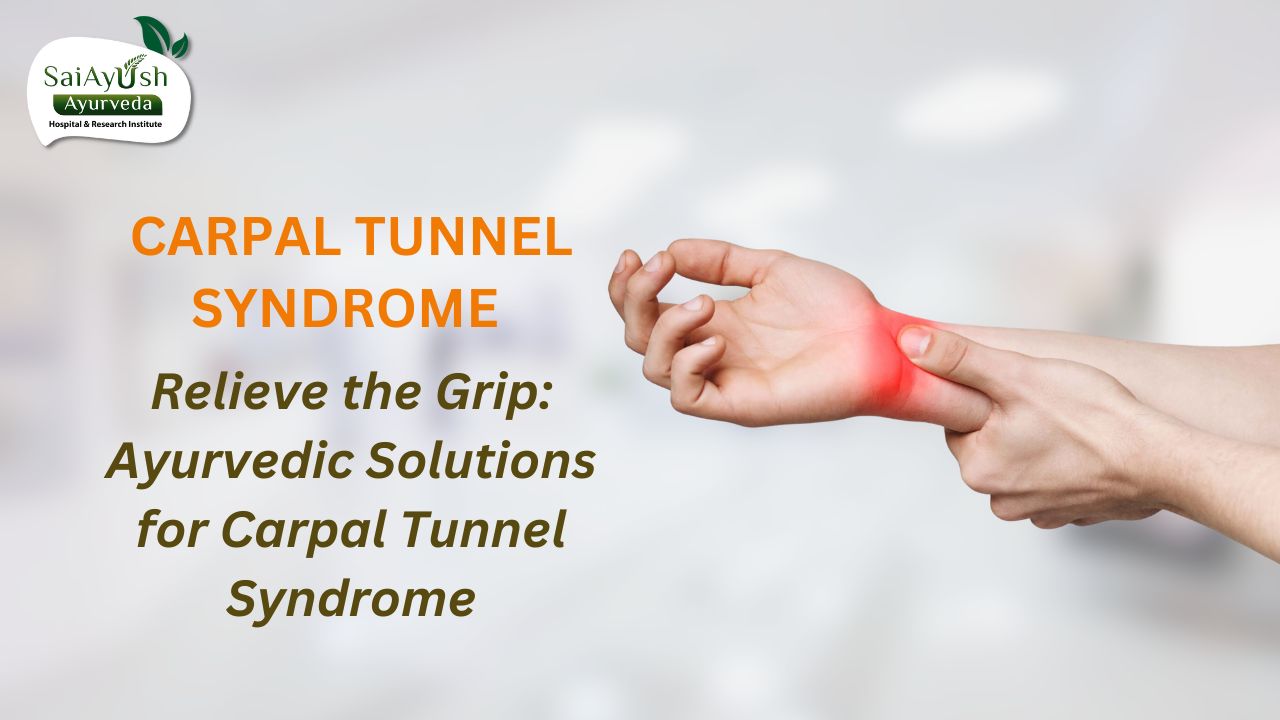Hello, fellow health and wellness enthusiasts! Today, we delve into the world of Ayurveda to explore a common condition that affects many individuals in our modern society: Carpal Tunnel Syndrome (CTS). In this blog post, I will provide you with a comprehensive understanding of CTS, its causative factors, who is at risk, the signs and symptoms to watch out for, and most importantly, how Ayurveda approaches the management and treatment of this condition.
What is Carpal Tunnel Syndrome (CTS)?
Carpal Tunnel Syndrome (CTS) is a condition that affects the wrist and hand, causing pain, numbness, and tingling sensations. It occurs when the median nerve, which runs through a narrow passage called the carpal tunnel, becomes compressed or irritated. This compression can lead to various uncomfortable symptoms that can significantly impact daily life.
Causative Factors of CTS
Several factors contribute to the development of CTS. These include repetitive hand movements, prolonged and improper wrist positioning, obesity, hormonal changes during pregnancy or menopause, certain medical conditions like diabetes or rheumatoid arthritis, and genetic predisposition.
Who is at Risk?
While anyone can develop CTS, certain individuals are more susceptible to this condition. People who work in occupations that involve repetitive hand movements, such as typing, assembly line work, or playing musical instruments, are at a higher risk. Additionally, women, individuals with certain health conditions, and those with a family history of CTS may also be more susceptible.
Signs and Symptoms of CTS
Recognizing the signs and symptoms of CTS is crucial for early intervention and management. Common symptoms include numbness or tingling in the thumb, index, middle, and ring fingers; hand weakness; difficulty gripping objects; and pain that radiates from the wrist to the forearm or shoulder. These symptoms often worsen at night.
Ayurvedic Concept of CTS
According to Ayurveda, the Vata dosha, which regulates the movement and flow of energy in the body, is the primary contributor to CTS. Imbalances in Vata lead to dryness, stiffness, and obstruction of the channels, including the carpal tunnel. Ayurveda aims to restore the balance of Vata and promote overall well-being.
Ayurvedic Treatment for CTS
Internal Medication: Ayurvedic herbs and formulations that address Vata imbalance are often prescribed to alleviate CTS symptoms. These may include Ashwagandha, Guggulu, Shallaki, and Dashamoola External Medication: Local applications of herbal oils, such as Mahanarayana oil or Bala oil, can provide relief from pain and inflammation. Panchakarma Therapies: Panchakarma can help in the management of CTS. Specific treatments like Abhyanga (therapeutic oil massage), Taila Dara (pouring of warm oil over the body), Shirodara (pouring medicated oil on the forehead), and Nadi Swedana (herbal steam therapy) are beneficial for CTS.
Management of CTS in Ayurveda
Apart from the prescribed treatments, there are lifestyle modifications that can aid in the management of CTS. These include:
- Practicing regular hand and wrist exercises to improve flexibility and strength.
- Maintaining proper posture while working or performing activities that strain the wrists
- Taking breaks and stretching the hands and wrists during repetitive tasks
- Avoiding excessive pressure or forceful movements on the affected hand
- Incorporating stress-reducing techniques like meditation or yoga to manage Vata imbalance
Conclusion: Carpal Tunnel Syndrome is a common condition that affects many individuals, but with the holistic approach of Ayurveda, relief is within reach. By understanding the causative factors, recognizing the signs and symptoms, and seeking Ayurvedic treatments like internal and external medication as well as panchakarma therapies, individuals with CTS can find relief and improve their overall well-being.
Discover the healing power of Ayurveda with our latest article at Sai Ayush Ayurveda Hospitals! Dive into the age-old wisdom that can rejuvenate your body and mind. Click here to read more:



0 Comments